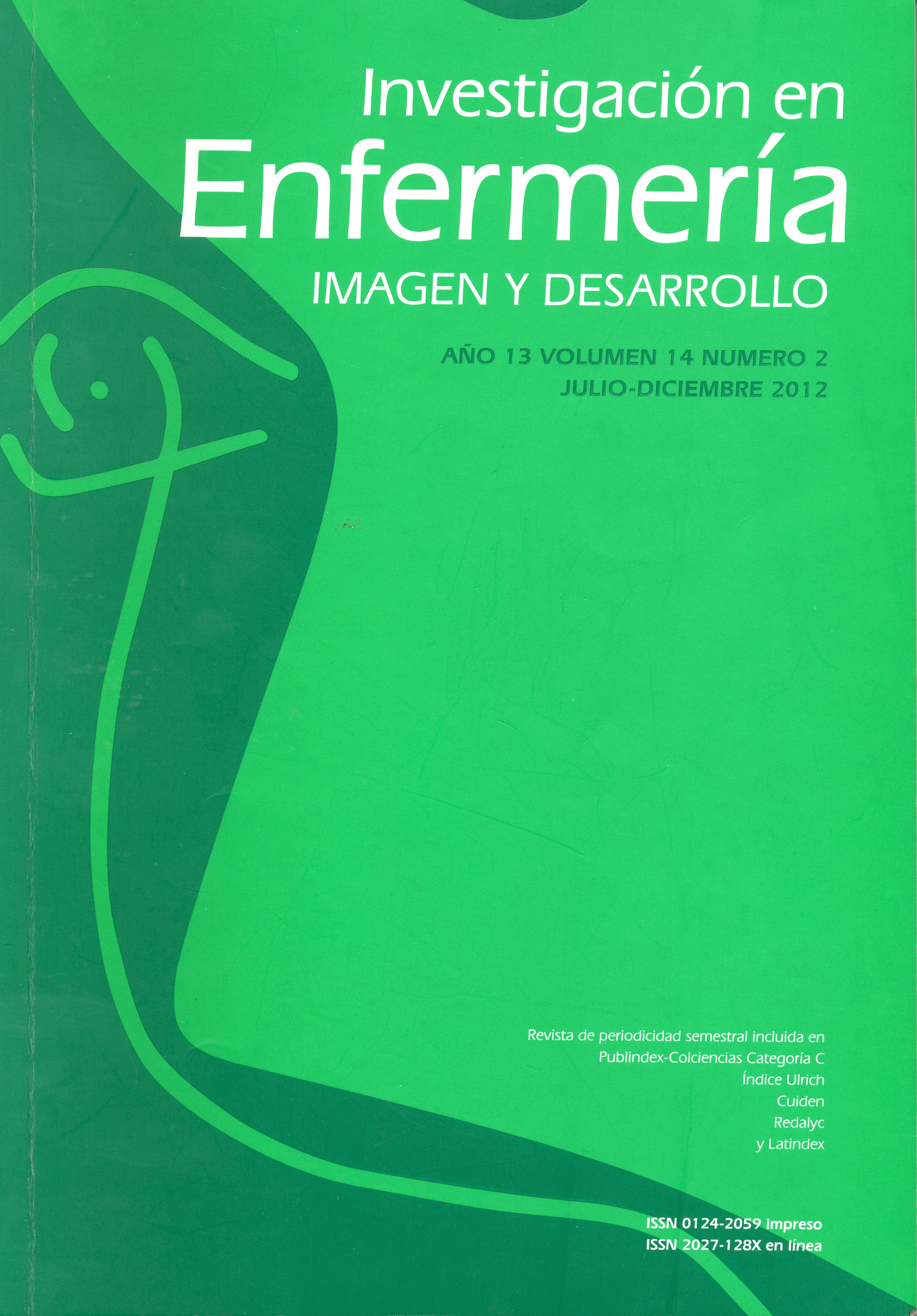Abstract
Religion is an important dimension within the lives of older people. It has been found in many studies that people with religious beliefs and practices face in a better way the stressful situations that aging brings, they also enjoy a better physical and mental health and live longer than non-practicing people. The purpose of this paper is to present the findings about the religious practices in a group of seniors in situation of disability and poverty, and its impact on health care. A qualitative approximation (ethnographic) was proposed. 36 senior citizens - in situation of disability, living in the poorer areas of the city of Bogotá - were part of this research. We identified a cultural pattern and two categories that showed the religious practices of the collaborators. Intrinsic religious practices, such as the private prayer and the reading of holy books, were the most used by this group. The adherence to a religion helps people to take care of their lives and health, despite the difficulties of the context. Similarly, the social support networks are maximized through the practice of religious activities, such as the visits of religious groups.
The journal Investigación en Enfermería: Imagen y Desarrollo is registered under a Creative Commons Attribution 4.0 International Public License. Thus, this work may be reproduced, distributed, and publicly shared in digital format, as long as the names of the authors and Pontificia Universidad Javeriana are acknowledged. Others are allowed to quote, adapt, transform, auto-archive, republish, and create based on this material, for any purpose (even commercial ones), provided the authorship is duly acknowledged, a link to the original work is provided, and it is specified if changes have been made. Pontificia Universidad Javeriana does not hold the rights of published works and the authors are solely responsible for the contents of their works; they keep the moral, intellectual, privacy, and publicity rights.
Approving the intervention of the work (review, copy-editing, translation, layout) and the following outreach, are granted through an use license and not through an assignment of rights. This means the journal and Pontificia Universidad Javeriana cannot be held responsible for any ethical malpractice by the authors. As a consequence of the protection granted by the use license, the journal is not required to publish recantations or modify information already published, unless the errata stems from the editorial management process. Publishing contents in this journal does not generate royalties for contributors.


